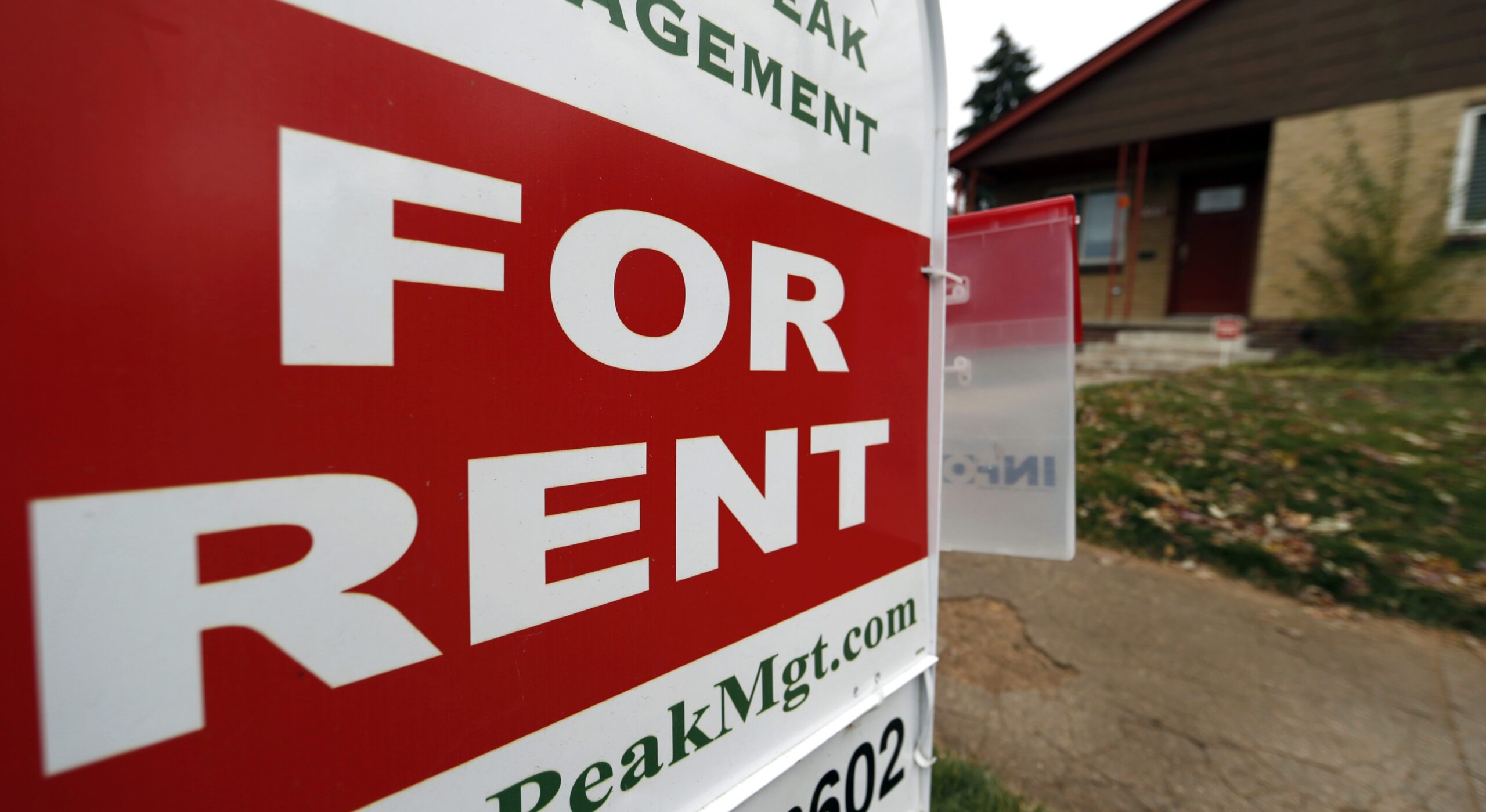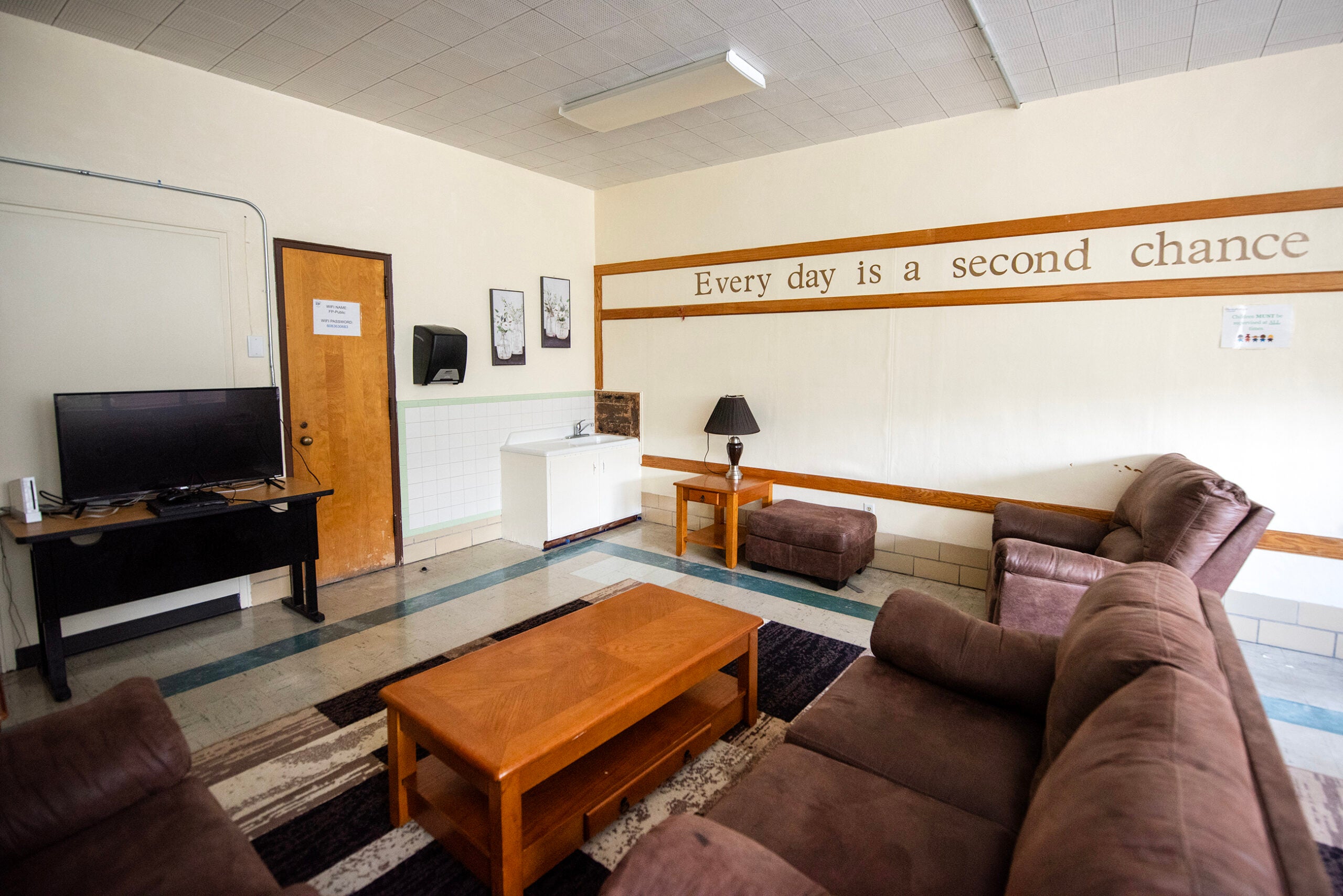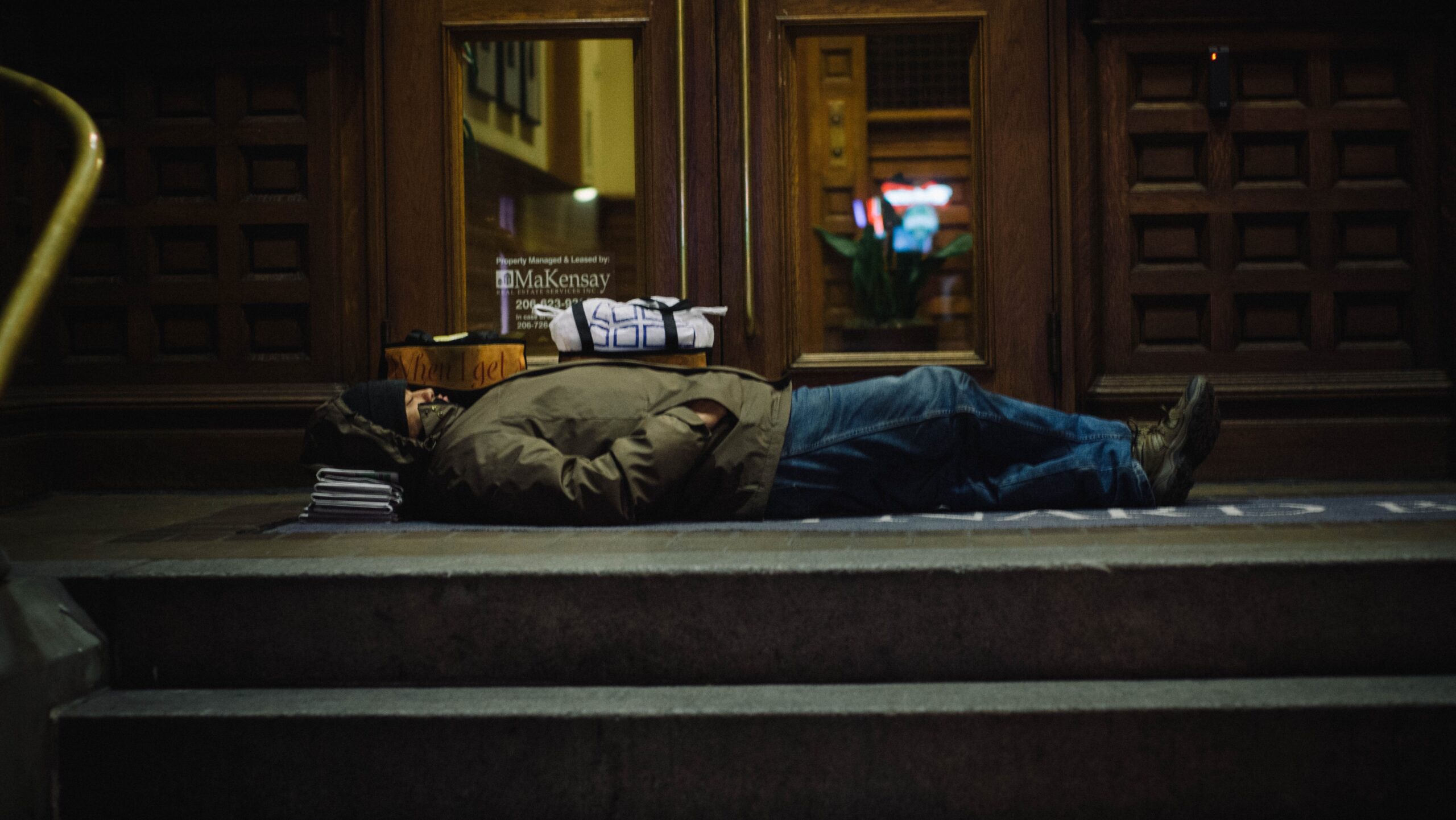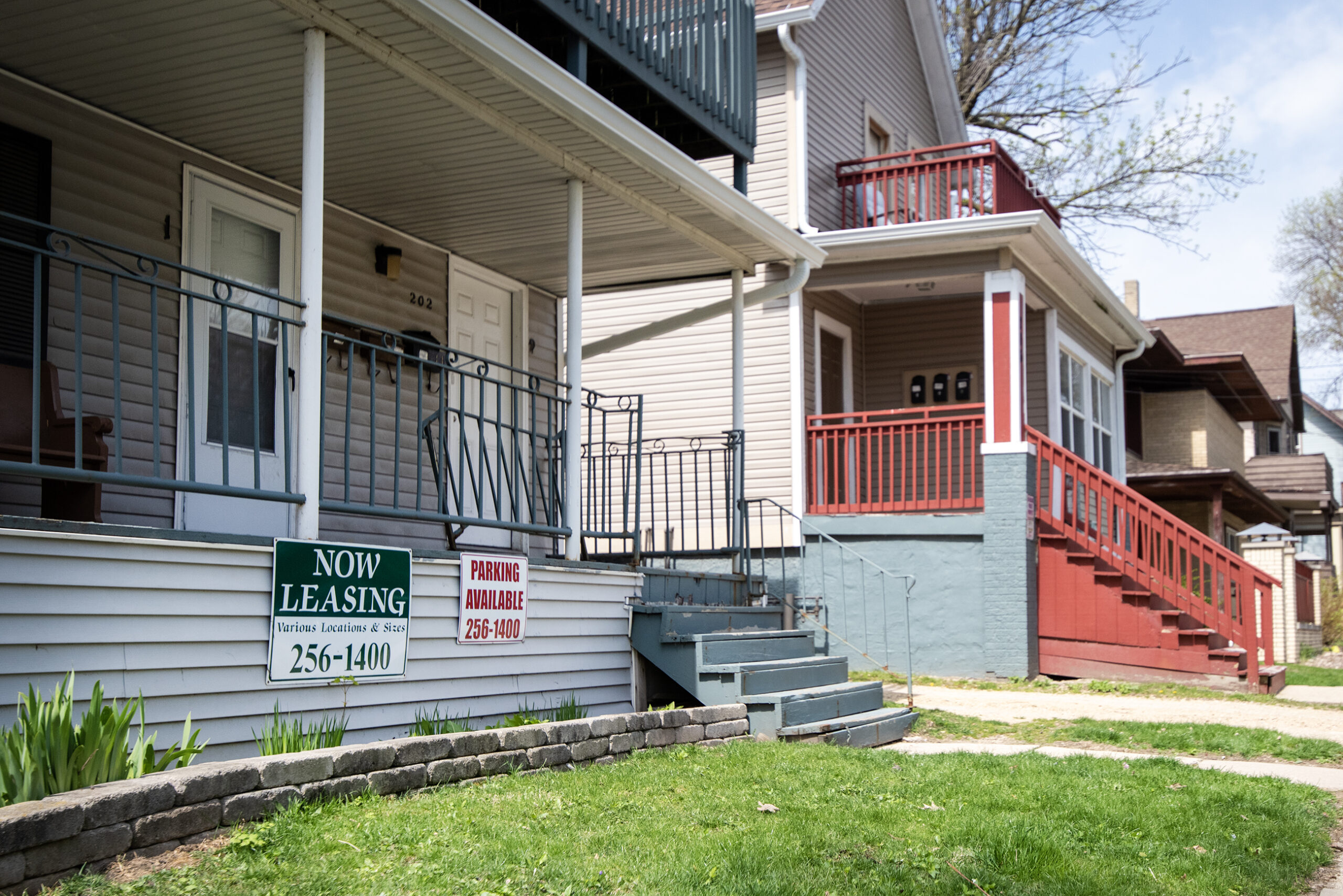Tenants in Wisconsin who are having trouble paying rent have been given another reprieve from the threat of eviction through the end of the year.
Renters can claim protection from eviction under the most recent moratorium from the Centers for Disease Control and Prevention that went into effect Sept. 4 and stays in place until Dec. 31. But unless further protections are in place after the Dec. 31 deadline, landlords will be able to move forward with eviction proceedings for tenants behind on rent, said Raphael Ramos, a lawyer for Legal Action of Wisconsin.
Ramos helped answer the many questions about rent and evictions during the COVID-19 pandemic that have been sent to WPR’s WHYsconsin.
News with a little more humanity
WPR’s “Wisconsin Today” newsletter keeps you connected to the state you love without feeling overwhelmed. No paywall. No agenda. No corporate filter.
As of July, about 34 percent of Wisconsin’s renting population were at risk of eviction, according to a CNBC report. A Politifact report stated 365 eviction filings were made in May, followed by an avalanche of 3,048 in June. Cases dipped slightly in July.
There are a lot of challenges for tenants who would face a mid-winter eviction after the moratorium’s end date, but Chris Mokler of the Wisconsin Apartment Association said there’s not much of a choice for property owners who rely on rental income.
“Those (owners) have to get paid,” Mokler said. “So they’re going to have to get that tenant out and get somebody in there that can pay so that they (won’t) lose the property to the bank.”
Mokler said he’s worried that missed payments to landlords will fuel a repeat of the 2008 housing crash, with a wave of owners losing their properties, leaving fewer properties available to lease and higher rent overall.
A tug of war between landlords wanting rent and tenants asking for leniency because of financial struggles caused by the pandemic has led to waves of state and federal relief in the form of rental assistance and eviction moratoriums.
In May, Gov. Tony Evers announced a $25 million Wisconsin Rental Assistance Program (WRAP), which provided rent and security deposit payments to landlords on behalf of tenants who qualified. The funding for WRAP came through the Coronavirus Aid, Relief and Economic Security (CARES) Act.
There have also been eviction bans at the state and federal level. The first in Wisconsin was issued by Evers on March 27, about two weeks after the governor declared a public health emergency to try to contain the virus. That ban ended May 26.
Simultaneously, a federal order through the CARES Act was signed into law March 27 and ran through July 24, protecting renters if the building they resided in had a federally backed mortgage or was covered by a federally backed program, Ramos said. There are some situations, generally for tenants of single-family homes, where those CARES Act protections have been extended through the end of the year.
The CDC’s moratorium that runs through Dec. 31 only protects renters against evictions if they can’t pay rent because of impacts of COVID-19, but landlords still reserve the right to evict tenants because of criminal activity, damaging property, violating codes and other causes.
The CDC order has a list of criteria that tenants need to meet to be protected under the moratorium. The list includes requirements that tenants have used their best efforts to get all available government assistance for their housing, and that they are unable to pay rent because of a loss of income or medical expenses that cost more than 7.5 percent of income.
Anyone in need of rental assistance should contact the Social Development Commission, and, if they are in Milwaukee, Community Advocates, Ramos said.
“There are a number of different programs available depending on area, so people should look to see what else may be available near them,” Ramos said.
Meanwhile, Mokler and Ramos answered other questions posed to WHYsconsin:
Can landlords come into the apartment to fix things that are broken? What is my recourse if they tell me they won’t come?
Ramos said landlords still can come into apartments, and if they refuse to do so, the tenant can take it up with their local regulatory agency. In Milwaukee, for example, that agency is the Department of Neighborhood Services. While the tenant can cut back on the amount of rent they’re paying, depending on the severity and type of problem, they should do so only with guidance from an attorney or specialist.
“Withholding rent due to conditions issues, often referred to as abatement, is an option, but if done incorrectly, can expose a tenant to risk of eviction,” he said.
Mokler said while items like a broken fan can probably wait, other items like a furnace will need to be addressed immediately. He said it’s important that tenants and landlords use common sense, for example agreeing to isolate themselves to one area of the house, so they’re not coming into contact, or making it clear whether anyone in the house is sick.
Can a landlord shut your utilities off for non-payment of rent if utilities are included in rent?
Simply put, no, Ramos said.
For one, a moratorium is in place until Nov. 1 that stops utility companies from disconnecting water, electricity and heat for customers who can’t afford their bills. In November, the standard winter moratorium takes over, which runs through April 15, and keeps the gas and electric on. Water is not included in that, though.
A landlord cannot shut off utilities or take other action that might force a tenant to leave, for example by removing a door or changing the locks. These types of “self-help evictions” are illegal. Any eviction process needs to happen through the court system in Wisconsin. For tenants dealing with this issue, Ramos recommended seeking help from the police.
Will evictions that are a result of COVID-19 affect a tenant’s credit?
“An eviction due to COVID-19 will have the same impact on a tenant’s credit and rental history as any other eviction,” said Ramos.
My landlord has my apartment up for rent and said I need to let people view it. But my immune system is compromised. What are my rights?
It’s not exactly clear what rights a tenant has in this situation, said Ramos.
He said that as long as they give the tenants enough notice, landlords could be allowed to do this. Rules on apartment showings were clearer in the state’s stay-at-home order that was struck down by the state Supreme Court in May, but some local ordinances may have continued to keep requirements in place.
“The best option may be to work with the landlord to minimize exposure,” Ramos said.
Mokler suggested that landlords show prospective renters pictures of the apartment or provide them videos of virtual tours. The landlord should also try to make arrangements with the tenant to be gone while a tour is being given.
“I wouldn’t want to be the landlord to take a sick person through (who) gets a tenant sick,” he said. “I think that could be potential liability there.”






